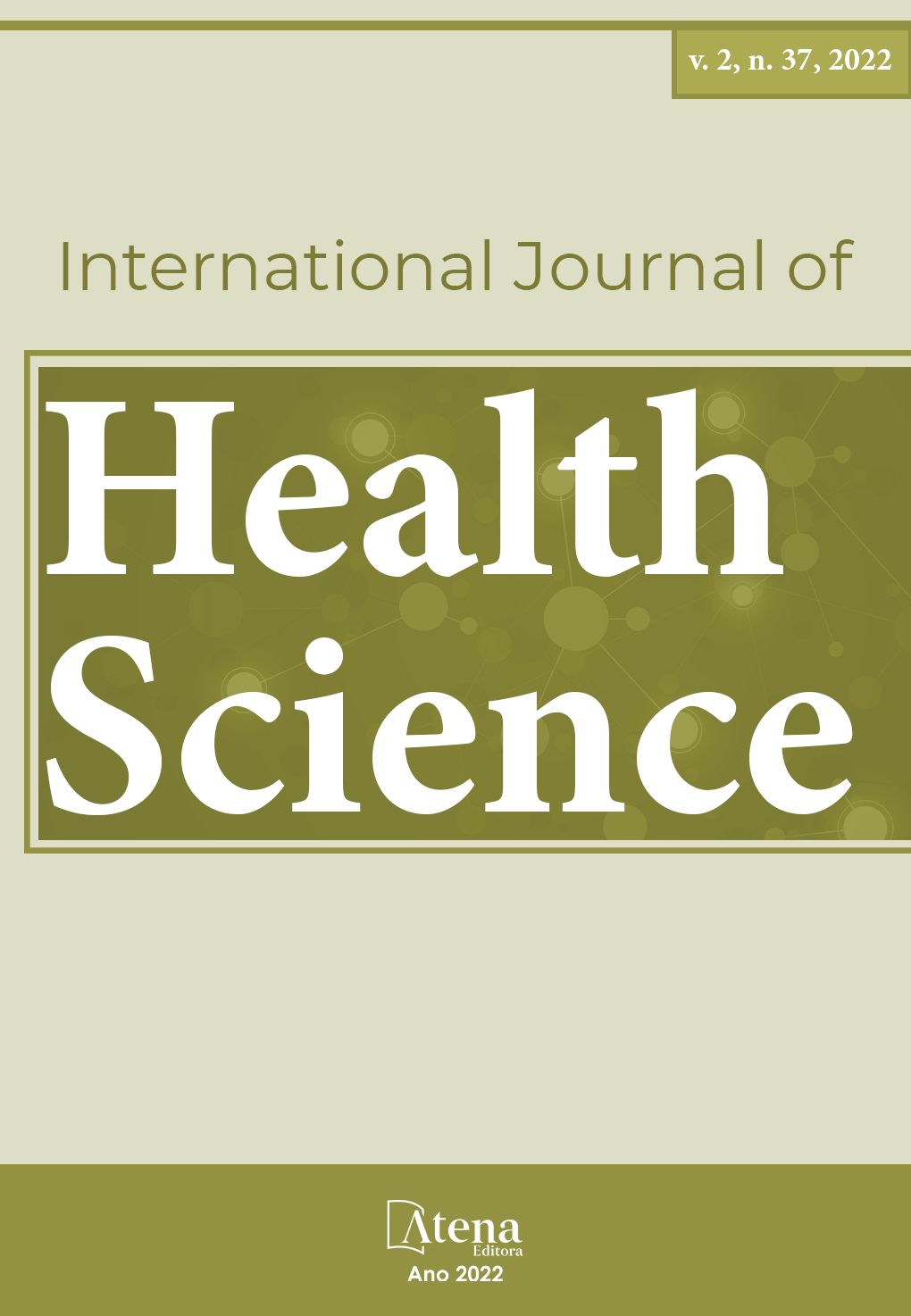
ANALYSIS OF MECHANICAL VENTILATORY ASSISTANCE PROTOCOLS IN PATIENTS WITH COVID-19: AN INTEGRATIVE LITERATURE REVIEW
Introduction COVID-19 is an infectious disease discovered in December 2019, caused by SARSCoV-2, which is part of the Coronavirus family of viruses. Mechanical Ventilation is a ventilatory support used mainly to treat acute respiratory failure in patients with pulmonary complications. Objectives To analyze the protocols of mechanical ventilatory assistance in patients with COVID-19, in addition to detailing protective mechanical ventilation; to verify which parameters are used in mechanical ventilatory assistance in patients with COVID-19 and to identify which ventilatory protocol is most cited in the literature. Methodology it was an integrative literature review, searching through the following databases: SciELO; LILACS, ScienceDirect; MEDLINE; guidelines; recommendations and protocols of health-related institutions, with the descriptors: COVID-19; Clinical Protocols; Mechanical Fans, 555 articles were found, selecting 7, through two screenings, for the explanation of the results. Results showed that the presence of hypoxemia is characteristic of both COVID-19 and ARDS, however, they may have different characteristics depending on the phenotype found. It was also observed that protective mechanical ventilation must be used in IMV, introducing the following parameters: VT at 6ml/kg; driving pressure < 15 cm/H2O; PEEP to the point of reducing PD, and maintaining PaO2 > 60 cm/H2O with FIO2 ≤ 60% to avoid lung injury. Conclusion It is therefore concluded that protective ventilation is essential for good results for patients diagnosed with COVID-19, and it is necessary to have knowledge about the subject and the patient's clinic to obtain positive results.
ANALYSIS OF MECHANICAL VENTILATORY ASSISTANCE PROTOCOLS IN PATIENTS WITH COVID-19: AN INTEGRATIVE LITERATURE REVIEW
-
DOI: 10.22533/at.ed.15923722120710
-
Palavras-chave: COVID-19. Clinical protocols. fans mechanics.
-
Keywords: COVID-19. Clinical protocols. fans mechanics.
-
Abstract:
Introduction COVID-19 is an infectious disease discovered in December 2019, caused by SARSCoV-2, which is part of the Coronavirus family of viruses. Mechanical Ventilation is a ventilatory support used mainly to treat acute respiratory failure in patients with pulmonary complications. Objectives To analyze the protocols of mechanical ventilatory assistance in patients with COVID-19, in addition to detailing protective mechanical ventilation; to verify which parameters are used in mechanical ventilatory assistance in patients with COVID-19 and to identify which ventilatory protocol is most cited in the literature. Methodology it was an integrative literature review, searching through the following databases: SciELO; LILACS, ScienceDirect; MEDLINE; guidelines; recommendations and protocols of health-related institutions, with the descriptors: COVID-19; Clinical Protocols; Mechanical Fans, 555 articles were found, selecting 7, through two screenings, for the explanation of the results. Results showed that the presence of hypoxemia is characteristic of both COVID-19 and ARDS, however, they may have different characteristics depending on the phenotype found. It was also observed that protective mechanical ventilation must be used in IMV, introducing the following parameters: VT at 6ml/kg; driving pressure < 15 cm/H2O; PEEP to the point of reducing PD, and maintaining PaO2 > 60 cm/H2O with FIO2 ≤ 60% to avoid lung injury. Conclusion It is therefore concluded that protective ventilation is essential for good results for patients diagnosed with COVID-19, and it is necessary to have knowledge about the subject and the patient's clinic to obtain positive results.
-
Número de páginas: 19
- Rosa Suenia da Câmara Melo
- Maryelli Laynara Barbosa de Aquino Santos
- Manoelly Anyelle Pessoa Dias Dantas
- Rodolfo Freitas Dantas
- Julio Davi Costa e Silva
- Karla Janiele Costa Rocha
- Amanda Mikaele Andrade Furtado
- Sabrina Barbosa da Silva
- Fernanda Nayra Macedo
- Rebeca Barbosa Dourado Ramalho
- Tatiane Carvalho Brandão
- Ana Beatriz Marques Barbosa


